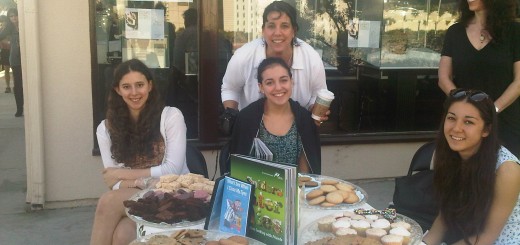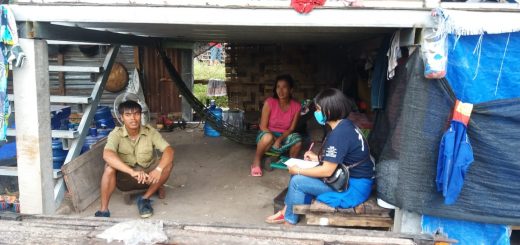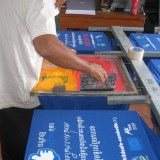News from Teguz streets – not all bad
Putchica*, writing a nice field story about our work in Tegucigalpa is not easy…
For four years the CYTI Alliance team has been working closely with two alliance members in Tegucigalpa, the capital of Honduras in Central America. Casa Asti is an NGO working with street living children and youth, and Alternativas Y Oportunidades (AyO) supports children working in markets and living in the poorest communities of the capital. In May 2011, Pauline and I spent three weeks in Tegucigalpa with our two partners.
We wanted to gather fresh news as our last update on the situation on the streets of Tegucigalpa was not very happy – murder rates on the streets had increased.
The situation has unfortunately not changed since then: success stories are few, hope is not a word often heard on the Tegucigalpa streets and happy stories are rare.
It is important, in these trying circumstances, to mention the incredibly difficult work our partner Casa Asti is doing and the immense courage of the team. This very small organization is composed of only six staff who work with extremely limited resources but who manage to achieve a lot in this harsh environment. As the Director, Susanna, says “our main enemies are crack, glue and solvents, sadly our second enemies are the faith-based NGOs providing only charity based work. They actually help the kids and young people remain on the streets, giving out clothes and food out of pity instead of supporting them through education, building respect and self-esteem which will help them in moving on and becoming independent”.
Life on the streets is particularly difficult here in Tegucigalpa where 300 to 400 hundred children, youth and young adults, beneficiaries of Casa Asti, have been living on the streets, often for over five or ten years. Living conditions are very harsh. Violence is common in Tegucigalpa and physical and sexual abuse is part of the daily routine for street males and females. Murders are also a common occurrence with an average of 10 to 15 per year amongst the group Casa Asti works with. This year is disturbingly high, with 15 murders committed by the end of April. The team attributes this high rate to crack use and dealing. Street youth are slowly turning blind through drinking locally made alcohol and are losing bodily functions or the ability to speak due to the effects of glue use. 10% to 20% of youth in contact with Casa Asti are HIV positive.
Reflecting on the increasingly difficult situation and considering its limited resources the Casa Asti team has decided to re-think their strategy and adapt to new street situations and trends. Our visit to Honduras aimed at assisting them with these changes: we facilitated a long workshop to help review the strategy and activities of Casa Asti so as to adapt to the changing situation. We met regularly with our colleagues from Casa Asti – Susanna, Bessy, Xiomara, Gliner and Marcos – during these few weeks. With so few resources the challenge can seem overwhelming.
The new strategy is aimed at targeting, as much as possible, street mothers with babies and new children and youth arriving on the streets to put maximum effort on new comers who have left (or have been kicked out from) their family before they are irreversibly damaged by street life. The plan requires some initial research in the field to adapt existing activities and tools which the team will then use. The team will continue working to provide basic services to the young people who have been living on the streets for years, supporting the few who manage to make the decision that something can still be done with their lives, when they can still think and use their body. Preventing new kids from falling into the trap of having to endure this life is probably the best thing to do and everyone seems positive with the new ideas that we are now working on. We will continue working with Casa Asti in the coming years. We must also thank them for the great welcome they continue to give us and the chance to share the taste of the rare but great successes of the team.
For more information about the great work Casa Asti is doing and to know more about their activities, achievements and needs please contact Susanna Arrighi: casaasti@yahoo.it
*Putchica: Typical (and not too impolite!) Honduran swearing













